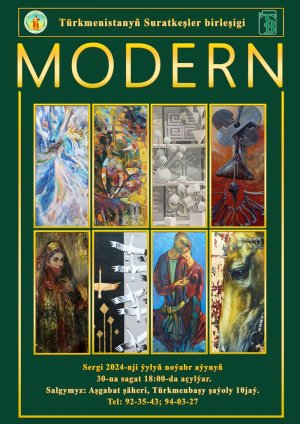Istanbul's Hagia Sophia Museum, a world heritage site, is being turned into a mosque by Turkish authorities, and UNESCO is extremely concerned about this decision.
"Hagia Sophia is an architectural masterpiece and a unique evidence of the interaction between Europe and Asia over the centuries. The status of the Cathedral Museum reflects the universal nature of its heritage and makes it a powerful symbol of dialogue," said UNESCO Director – General Audrey Azoulay.
Earlier, UNESCO called on the Turkish authorities to comply with their legal obligations regarding the status of Hagia Sophia, which is included in the world heritage List as a Museum.
UNESCO recalled that the Hagia Sophia of the VI century is part of the site "Historical districts of Istanbul", included in the UNESCO world heritage List in 1985 as having an exceptional universal value. This status entails a number of legal obligations. For example, a state must ensure that no changes will affect the outstanding universal value of an object located on its territory.
In addition, the state must notify UNESCO of any potential changes, and then, if necessary, such plans can be considered by the world heritage Committee.
Hagia Sophia became the model for a number of churches and later mosques, and the mosaics of palaces and churches in Constantinople influenced both Eastern and Western art. UNESCO experts emphasize that the Hagia Sophia has a high symbolic, historical and universal value.
They also remind that the necessary condition for preserving the world heritage and increasing its significance is the full and equal participation of all communities and stakeholders related to a particular object, the UN press center reports.













